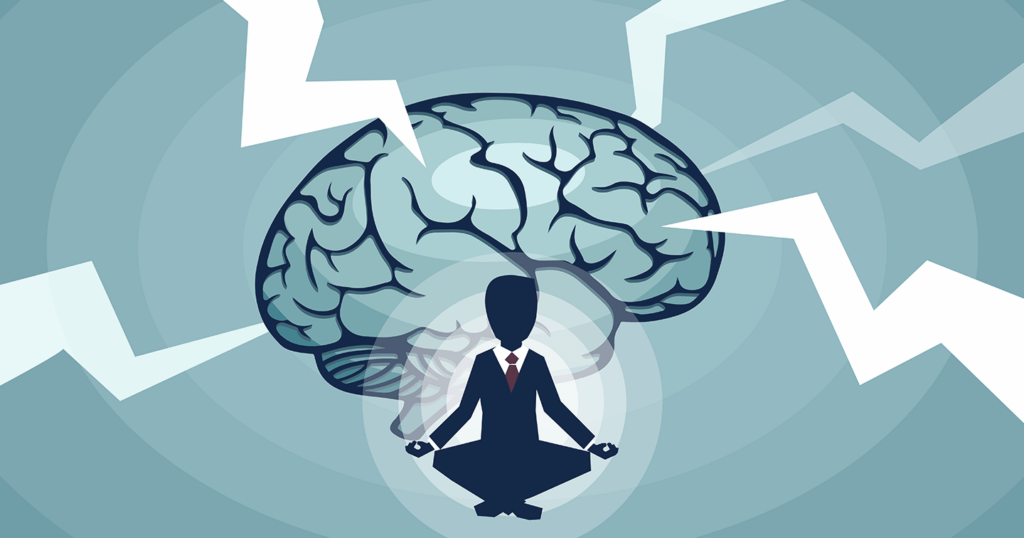Social-emotional learning (SEL) is an educational framework that recognizes the critical role of emotional intelligence and interpersonal skills in a student’s overall development and success.
SEL goes beyond traditional academic subjects, aiming to foster the emotional and social competencies necessary for personal well-being and positive relationships. Here are some key aspects of Social-Emotional Learning:

Core Competencies: SEL typically focuses on five core competencies:
- Self-awareness: Understanding and recognizing one’s own emotions, strengths, weaknesses, also values.
- Self-management: Developing the ability to regulate one’s emotions, control impulses, and set and work toward personal and academic goals.
- Social awareness: Cultivating empathy, understanding the perspectives of others, also recognizing the importance of diversity and inclusion.
- Relationship skills: Learning to establish and maintain healthy relationships, communicate effectively, and resolve conflicts constructively.
- Responsible decision-making: Developing the capacity to make ethical and informed choices, considering the well-being of oneself and others.
Integrating into Curriculum: Educators often integrate SEL into the curriculum, weaving it into various subjects and classroom activities.
Teachers use a variety of methods, including discussions, role-playing, and reflective exercises, to teach and reinforce SEL skills.
Positive Learning Environment: SEL creates a positive and inclusive classroom environment. When students feel safe, respected, and valued, they’re more likely to engage in learning, display improved behavior, and have higher motivation.
Emotional Regulation: SEL teaches students how to recognize and manage their emotions effectively. This skill is essential for mental well-being, stress reduction, and improved problem-solving abilities.
Conflict Resolution: SEL empowers students with conflict resolution skills, helping them handle disagreements and disputes constructively and non-violently.
These skills are valuable not only in school but also in their future personal and professional lives.
Empathy and Compassion: SEL fosters empathy and compassion, nurturing students’ understanding and concern for others’ feelings and experiences.
This fosters a sense of social responsibility and also encourages acts of kindness and community involvement.
Conclusion
In conclusion, Social-Emotional Learning is a holistic approach to education that recognizes the importance of emotional intelligence and interpersonal skills.
It equips students with essential life skills, improving their well-being, academic success, and adaptability in a changing world. SEL not only prepares students for academic achievements but also for a fulfilling, empathetic, and responsible life beyond the classroom. 카지노사이트


